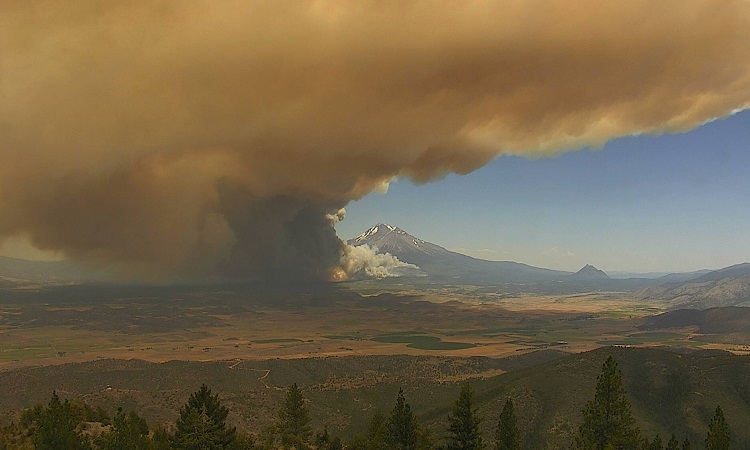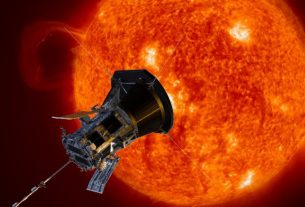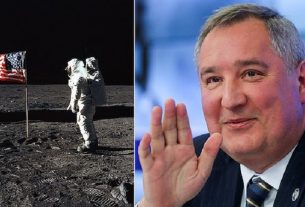As the planet gets hotter, plants flower earlier in the year and the risk of ecological misalignment grows.
The effects of the climate change crisis are not only manifested through extreme phenomena such as forest fires, floods and droughts.
The emission of greenhouse gases into the atmosphere since the beginning of the industrial era is altering the seasons of the year and with it, the ecological balance related to the growth of plants and flowers, pollination, reproductive cycles and the migrations of tens of thousands of species around the world.
A new study from the University of Cambridge revealed that spring in the United Kingdom is coming earlier and earlier due to global warming, a phenomenon that could cause ecological imbalance and the extinction of those species unable to adapt to a landscape that changes to a increasing speed.
Using historical series of flowering dates for more than 400 plant species and comparing them with the rise in global temperature due to human activity since the industrial era, the team found a positive correlation between early flowering and higher temperatures:
Although the data made it possible to analyze blooms since 1736, the team found that in the last period studied (from 1987 to 2019), the average bloom date has been one month earlier than the previous period (from 1753 to 1986), a trend more conspicuous in herbs above bushes and trees.
The study published in the Proceedings of the Royal Society B concluded that in 1987, the average flowering occurred on May 12; however, the average since then has been rolled back to April 16, nearly a month earlier. Similar evidence was recorded in March 2021 in Japan, when the cherry blossom season was brought forward by at least 12 days, an unprecedented event in more than 1,200 years of observations.
Early flowering can be the first step in an ecological imbalance with serious consequences for the ecosystem, pollinators and agriculture in general.
“A certain plant flowers and attracts a particular type of insect, which attracts a particular type of bird, and so on. But if one component responds faster than the others, there’s a risk they’re out of sync, which can cause species to collapse if they can’t adapt fast enough.”




